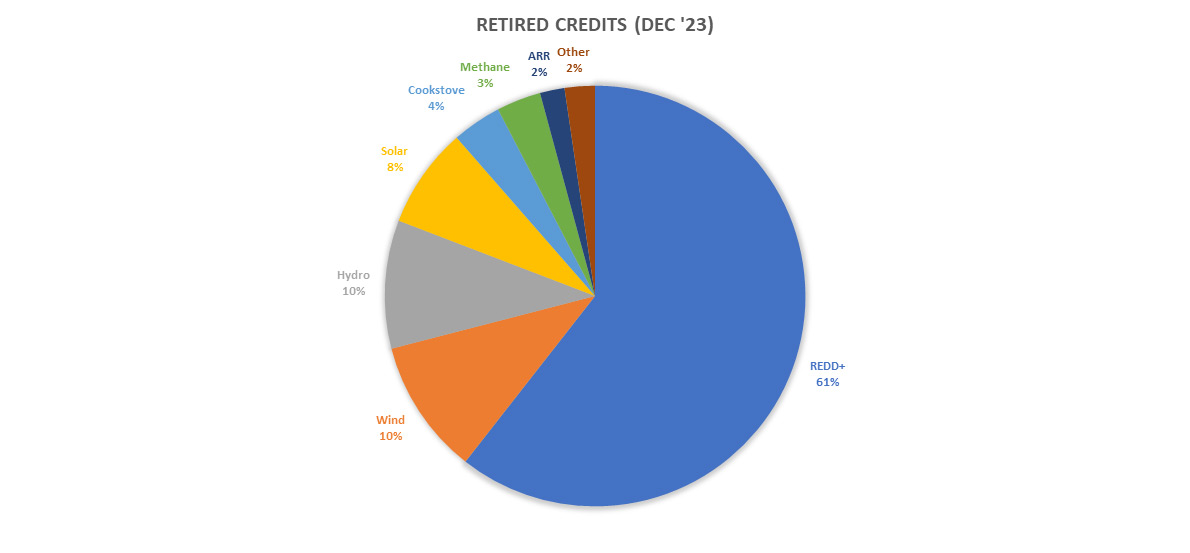20 December 2023
Charlie Robertson

The Guardian’s claim relates to REDD+ projects, previously the largest project type represented in the voluntary carbon market, which issue credits by protecting trees that would otherwise have been deforested. While carbon markets have long been hailed as a mechanism that can close the conservation finance gap, the Guardian’s article at the beginning of 2023 threw the efficacy of this mechanism into question, largely on the basis of West et al.’s highly critical study of REDD+ projects.
This new study, led by Prof. Ed Mitchard (Chief Scientist, Space Intelligence), claims that there were “serious errors” in the original publication cited by the Guardian, stemming from a combination of “numerical errors” and “completely inappropriate” control areas used to establish what would have happened to the protected forest in the absence of a carbon project.
Ultimately, the main takeaway is something that industry insiders have known for a long time –Verra’s old REDD+ methodology was too vulnerable to being gamed by bad actors, but at the same time there are projects out there which have genuinely delivered on halting deforestation (sometimes disproportionately well compared to how many credits they’ve issued).

The fundamental case for REDD+ projects remains too strong to ignore – it is more cost-effective to protect trees than to re-plant them. Market participants seem to have remembered this fact, with REDD+ credits making up the majority of all credit retirements in December so far, as seen above. Hopefully this new study, in combination with the release of Verra’s updated REDD+ methodology, will mark the beginning of the REDD+ market delivering on the promise of channelling finance to the world’s forests at the scale required to keep the 1.5 degrees pathway alive.
As the aviation industry navigates the first year of the Carbon Offsetting and Reduction Scheme for International Aviation (CORSIA) Phase 1 (2024–2026), this week’s approvals of additional carbon crediting standards have influenced the market landscape, introducing both opportunities and complexities.
As the aviation industry navigates the first year of the Carbon Offsetting and Reduction Scheme for International Aviation (CORSIA) Phase 1 (2024–2026), this week’s approvals of additional carbon crediting standards have influenced the market landscape, introducing both opportunities and complexities.
The development of biofuels has had an impact across a number of industries that are responsible for high intensity carbon emissions, as the transition to cleaner fuels becomes increasingly urgent in the battle against climate change.